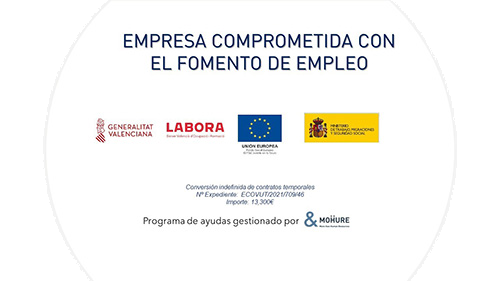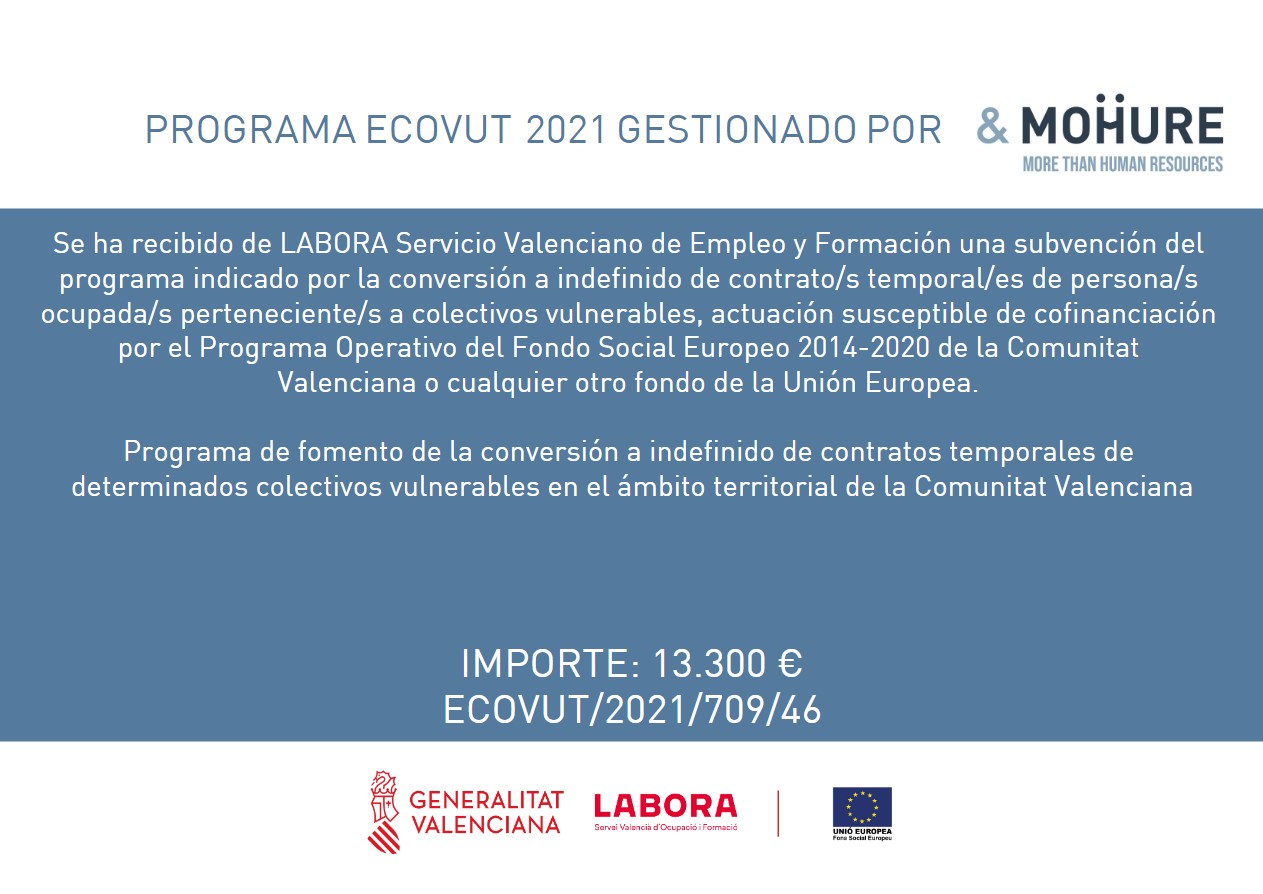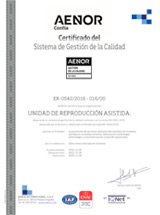The Reproduction Unit of Clinica Vistahermosa hosted the conference of José Miguel García Sagredo, expert in this science that regulates the gene activity. It took place in Alicante, last February 14th 2014 as “Why is there so few difference between men and women?; Why twins are not identical?; Why didn’t we achieve human clones?”.
The answer to these questions was exposed by Dr. José Miguel García Sagredo,  Academic of the Reproductive Biomedicine Chair of UR Royal National Academy of Medicine, Professor of University of Alcalá and president of the European Cytogeneticists Association, in his intervention about the implication of the Epigenteci in the illnesses development, like cancer, in the XIII Cycle of Conferences “Controversies in Assisted Reproduction”, organized by the Reproduction and Genetic Units of Vistahermosa, the Human Reproduction Chair of Vistahermosa and the Area of Cell Biology of the Faculty of Medicine of University Miguel Hernández.
Academic of the Reproductive Biomedicine Chair of UR Royal National Academy of Medicine, Professor of University of Alcalá and president of the European Cytogeneticists Association, in his intervention about the implication of the Epigenteci in the illnesses development, like cancer, in the XIII Cycle of Conferences “Controversies in Assisted Reproduction”, organized by the Reproduction and Genetic Units of Vistahermosa, the Human Reproduction Chair of Vistahermosa and the Area of Cell Biology of the Faculty of Medicine of University Miguel Hernández.
“The cause, states, is in the Epigenetic, i.e., in the chemical processes that modify reversibly the DNA activity, that avoid that gene work the same way and that modifies the behavior of the genes regarding the environment factors along the development of the baby”. Plus, for the genetic to work we need two progenitors, with only one progenitor there cannot exist live in human beings”.
The Director of the Reproduction Unit, José Jesús López Gálvez, agrees with García Sagredo regarding “healthy lifestyle during pregnancy are essential for the epigenetic alterations do not occur during the development of the baby”. This is why, during the reproductive processes, the professionals take into account to use methods that will not alter the epigenetic mechanisms.
“Although nowadays there are no clear evidences, there is some concern because important epigenetic processes happen during the first steps of the embryogenesis. The relation appears as problems like azosperm, that is direct related with lifestyle”, they explain.
The specialists show that in the embryo there are the almost 22.000 genes of a cell and these are getting off during their development. “There is an activation calendar and its alteration may trigger an illness as an adult”.
“The advantage of the epigenetic is that everything is reversible, unlike what happens during the genetic mutations, very difficult to fix. However, if this alteration is caused by epigenetic factors, it is possible to revert the process with an adequate medication protocol and to stop important pathologies as cancer, diabetes type 2, hypertension and obesity”, assures the Academic.
“The actual investigations of this new science are helping to understand the regulation of the genes to understand some illnesses in order to prevent and treat them with medication”, says García Sagredo, who adds “on the other side we are understanding how we evolution getting adapted to new environments”. I.e. “the air that our grandparents breathed, the water they drunk, or the environment the lived in also affected their descendants, even decades after, influencing in the genetic activation and deactivation that results in cellular alteration. I.e., it is not just what genes we inherited from our parents, but if they are “on” or “off”.










